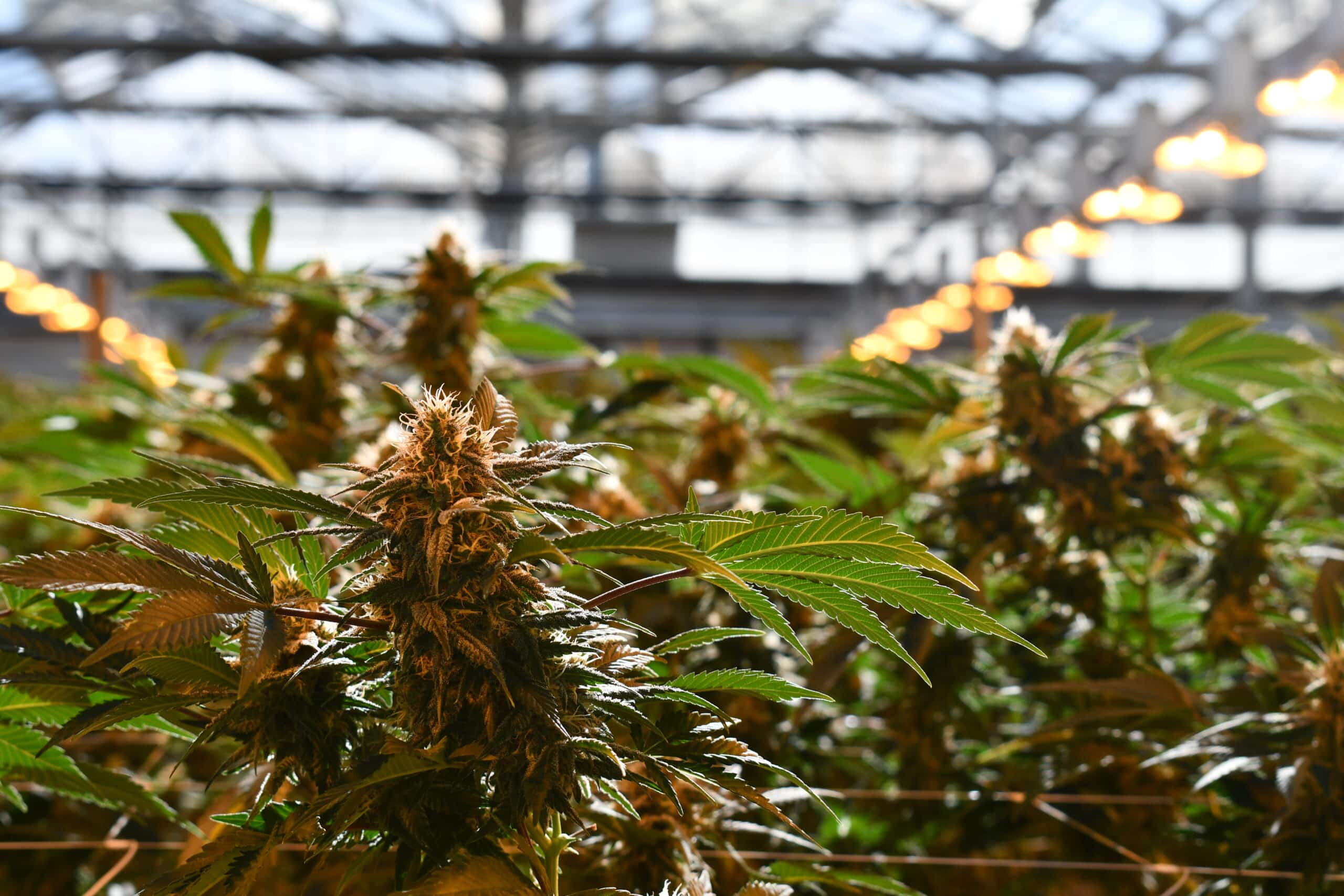
The Netherlands Is Finally Fixing Its Cannabis Supply Chain – What Can Australia Learn?
For decades, the Netherlands has been viewed as a cannabis-friendly country, famous for its coffeeshops and tolerant attitude toward consumption. But behind the scenes, its cannabis supply chain has long operated in a legal grey area—until now.
Starting next month, the Dutch government will begin implementing a fully legalised and regulated supply chain for cannabis, beginning with a pilot involving ten licensed cultivators and a group of selected municipalities. The change is a major step forward in addressing the country’s longstanding “backdoor problem,” where cannabis sales were tolerated, but production and supply remained illegal.
As Australia continues to mature its medicinal cannabis industry and weighs up potential reform, the Netherlands offers a timely case study on the importance of clear, licensed supply chains and how regulation can support—not hinder—access, safety, and innovation.
The “Backdoor Problem” Comes to a Close
For years, Dutch coffeeshops were allowed to sell small amounts of cannabis to adults, but they were not permitted to legally purchase or grow cannabis themselves. This bizarre contradiction—where the front-end sale was tolerated, but the supply chain was criminalised—left cultivators vulnerable to raids and forced coffeeshops to buy from unregulated sources.
The new system changes that by establishing a fully licensed cultivation program where approved growers can supply coffeeshops legally and transparently. It’s a tightly controlled rollout, beginning with ten cultivators and a handful of municipalities, including Breda and Tilburg. These cities will serve as the proving grounds for a national model.
This move is designed to ensure product safety, traceability, and quality, while maintaining the access that Dutch consumers are used to. For Australia, this shift reinforces one core lesson: access without regulation creates risk.
Why This Matters for Australia
Although Australia doesn’t have a recreational or adult-use cannabis program (yet), our medicinal industry shares some of the same regulatory pressures the Netherlands is now trying to resolve. Access has improved, but compliance remains a critical factor. The Dutch model highlights several key lessons for Australian policymakers and producers alike.
1. Grey Markets Undermine Trust
Unlicensed or partially regulated supply chains can create loopholes that allow inferior or unsafe products to reach consumers. In Australia, the rise of “green market” activity—where unlicensed providers offer products through social media or unofficial clinics—mirrors the problems the Netherlands is now cleaning up.
Biortica has always championed a fully compliant, transparent supply chain. From cultivation to dispensing, our subsidiaries like Green Farmers and Apollo Green operate under strict TGA and ODC guidelines, ensuring patients receive safe, consistent, and legally produced medicine.
2. Licensed Cultivation Is the Backbone of Access
Without regulated producers, any cannabis access system—whether medicinal or adult-use—is built on shaky ground. The Netherlands is investing in producers who can meet pharmaceutical-grade standards, something Australia has already done well in the medical space.
Apollo Green Australia, for instance, brings elite genetics from Canada and pairs them with licensed, scalable cultivation in Australia. This approach allows for both compliance and innovation, serving both current patient needs and future market opportunities.
3. Pilot Programs Can De-Risk Policy Reform
The Dutch government is rolling out its new system slowly, starting with a pilot across ten cultivators and a limited geographic area. This gives regulators time to observe, adjust, and improve without disrupting the entire market overnight.
Australia could benefit from a similar mindset. Rather than debating full-scale recreational reform, we might consider pilot initiatives that trial community-based access, compassionate use schemes, or streamlined pathways for low-risk products like CBD.
A Turning Point for Global Cannabis Regulation
What’s happening in the Netherlands is part of a larger global trend. Countries like Germany, Switzerland, Canada, and parts of the U.S. are moving toward models that legalise, license, and regulate the entire supply chain, not just the end product or the patient.
For Australian producers, it’s a sign that we must continue investing in compliant infrastructure, transparent partnerships, and high-quality genetics. That’s why Biortica continues to support a national network of trusted growers and researchers—ensuring that no matter what reforms come, we’re ready to lead with integrity.
Let’s Not Repeat the Same Mistakes
The Netherlands is fixing a mistake that persisted for decades—legal access without legal supply. As Australia continues to navigate its medicinal cannabis journey and anticipates potential policy evolution, we must learn from these international examples.
Biortica, Green Farmers, and Apollo Green believe the future of cannabis in Australia rests on the pillars of compliance, education, quality, and collaboration. Whether we’re serving medicinal patients today or preparing for wider access tomorrow, our mission stays the same: to deliver safe, legal, and effective cannabis products that improve lives.